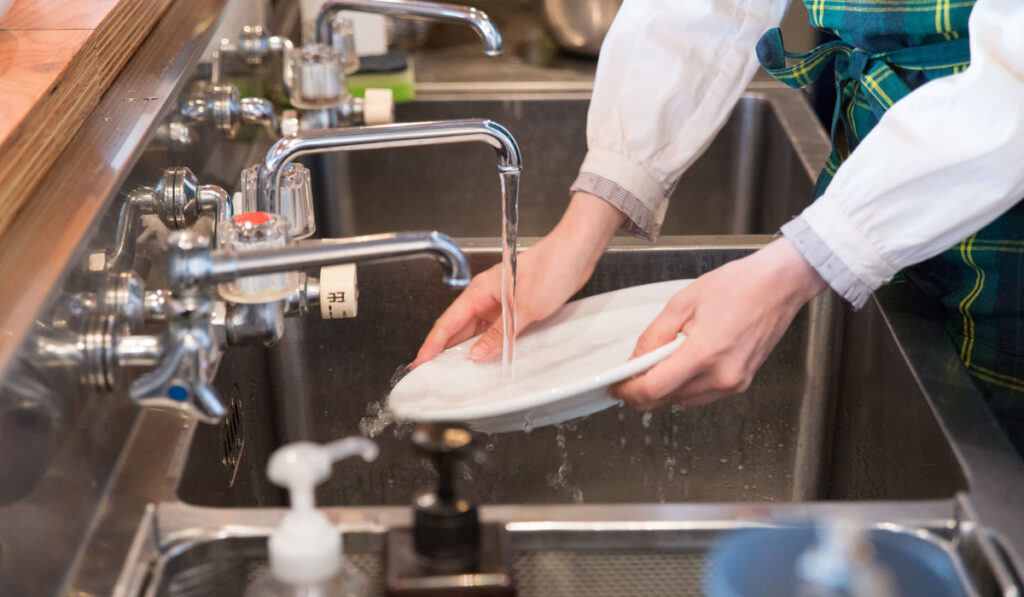
Introduction:
In the vibrant world of Indian cuisine, where rich flavors and intricate cooking techniques take center stage, maintaining high food safety standards is crucial. A pivotal element in this equation is the quality of water used throughout food preparation and service. Clean water is not merely a necessity but a cornerstone of food safety, particularly in the bustling environment of Indian restaurants and food services. This article delves into the importance of water quality and storage solutions, offering insights on how to ensure that water remains a safe and reliable resource in the hospitality industry.
The Crucial Role of Clean Water in Food Safety:
Water is a fundamental component in the culinary processes of Indian restaurants. From washing fresh ingredients to cooking and beverage preparation, its role cannot be overstated. Contaminated water can introduce harmful pathogens and chemicals into the food, leading to serious health risks. Ensuring that water is clean and free from contaminants is essential to prevent foodborne illnesses, which can have significant repercussions for both customers and the establishment’s reputation.
Indian cuisine often involves complex cooking methods, including boiling, steaming, and frying, all of which rely on water. Additionally, water is used for cleaning utensils, cooking equipment, and even for making ice. Any compromise in water quality can undermine the safety of these processes, highlighting the need for stringent water quality and storage measures.
Key Water Quality Parameters:
To maintain the highest standards of water quality, several key parameters must be monitored:
Microbiological Quality: Water should be free from harmful microorganisms like bacteria, viruses, and parasites. Regular testing and treatment, such as chlorination or filtration, are necessary to ensure microbiological safety.
Chemical Quality: Water can sometimes contain harmful chemicals or pollutants, such as heavy metals or pesticides. It’s crucial to test for these contaminants and employ appropriate filtration systems to remove them.
Physical Quality: The clarity and taste of water are also important. Turbidity, or cloudiness, can indicate the presence of suspended particles, while an off-taste or odor may signal contamination.

Effective Water Storage Solutions:
Proper water storage is as important as the initial quality of water. Inadequate storage solutions can lead to contamination and deterioration of water quality. Here are some essential practices for effective water storage:
Use of Food-Grade Containers: Water should be stored in containers made of food-grade materials that are resistant to leaching and contamination. These containers should be clean, well-maintained, and specifically designed for holding potable water.
Proper Sealing and Covering: To prevent contamination from airborne pollutants or pests, water storage containers should be tightly sealed and covered. This practice also helps in maintaining the water’s freshness and quality.
Regular Cleaning and Maintenance: Water storage tanks and containers should be regularly cleaned and sanitized to prevent the buildup of harmful microorganisms. Establishing a routine maintenance schedule is essential to ensure that water remains safe for use.
Temperature Control: While water does not usually require temperature control, it’s important to ensure that storage areas are cool and dry to prevent the growth of algae or bacteria, particularly in large tanks or reservoirs.
Filtration Systems: Installing filtration systems that are suited to the specific water quality issues in your area can greatly enhance the safety of stored water. Regularly replacing filters and maintaining the system ensures that it functions effectively.
Conclusion:
In the bustling environment of Indian restaurants and food services, clean water is a critical component of food safety. By prioritizing water quality and implementing effective storage solutions, establishments can safeguard their reputation and ensure the health and satisfaction of their customers. The investment in robust water management practices not only enhances food safety but also contributes to the overall success and reliability of the hospitality business.


